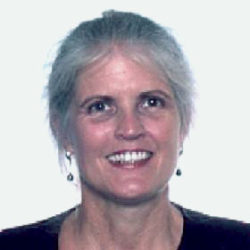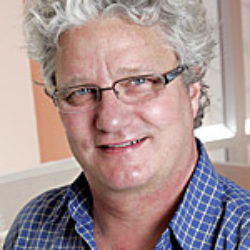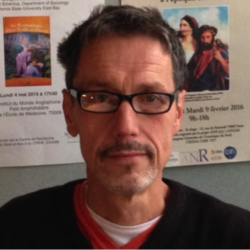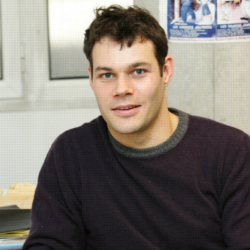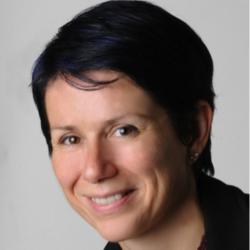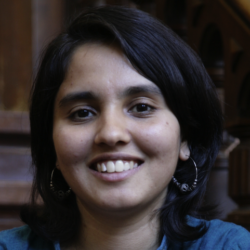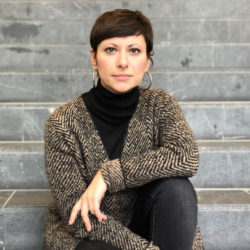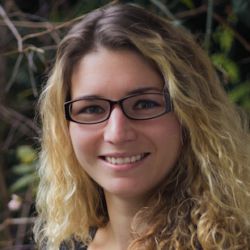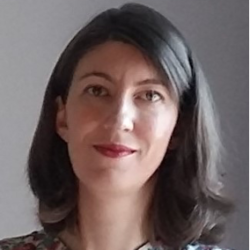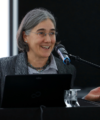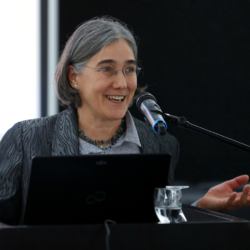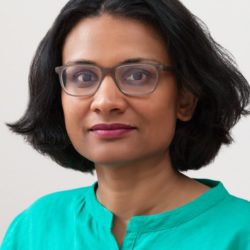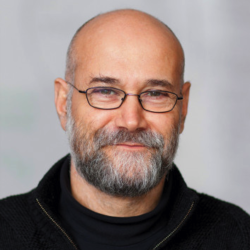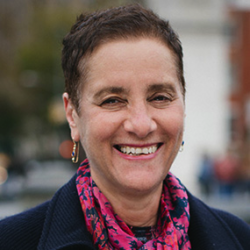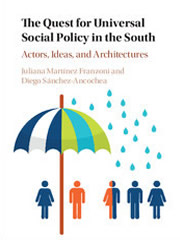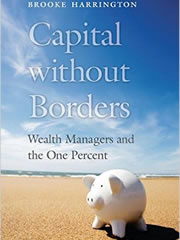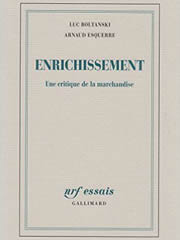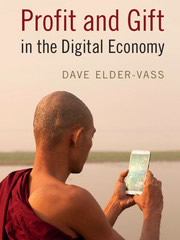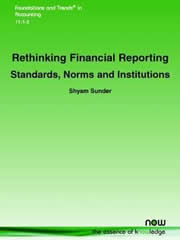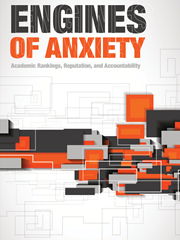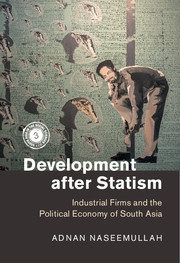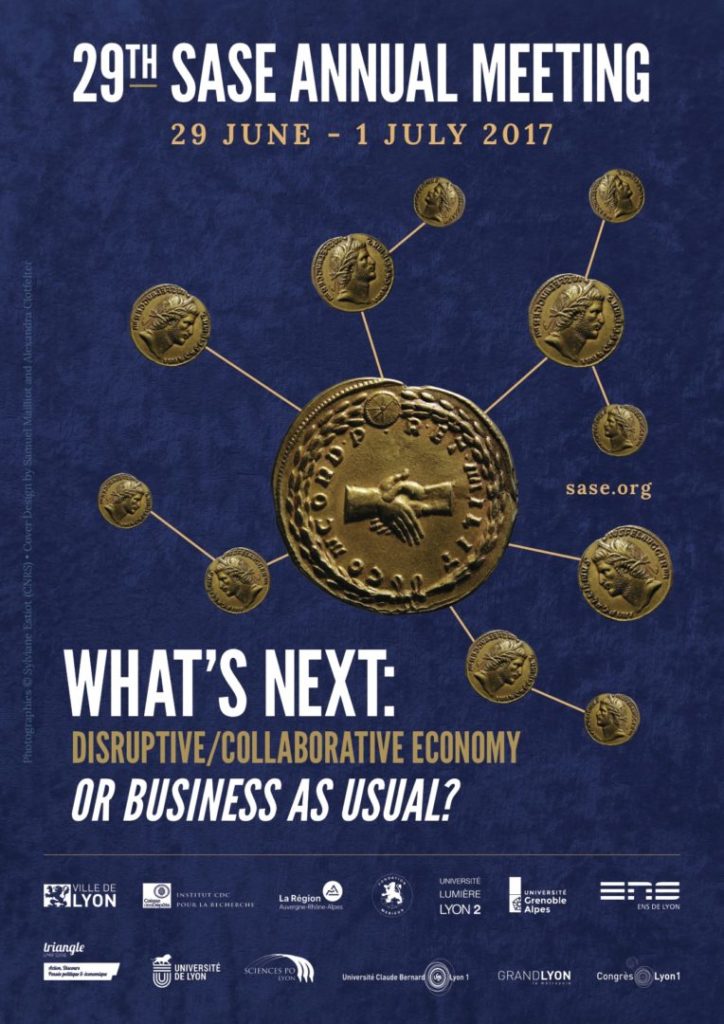2017 – Lyon
What's Next? Disruptive/Collaborative Economy or Business as Usual?
Conference theme overview
Hotels, taxis, plumbers, tool sellers or hires, and car renters are all facing the challenges presented by the ever-growing number of apps and social networks that organize exchanges between non-professionals and ephemeral users.
Many claim this is a radical transformation for the traditional economy. Although digital technologies are crucial to the development of this new form of economy, there is greater innovation in the new behaviors it generates, in the alternative forms of valuation it requires, and in the new social practices it implies than in the technologies themselves.
Proudly Sponsored By
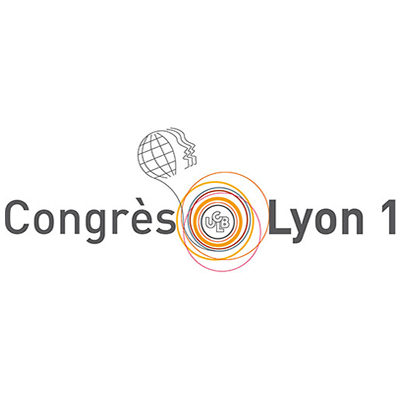





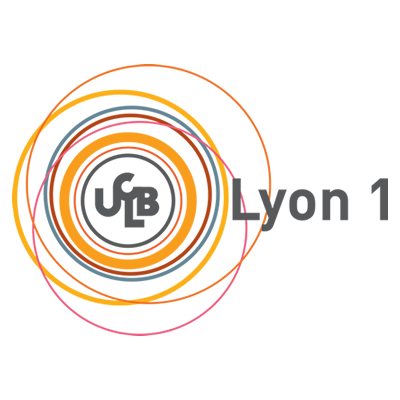

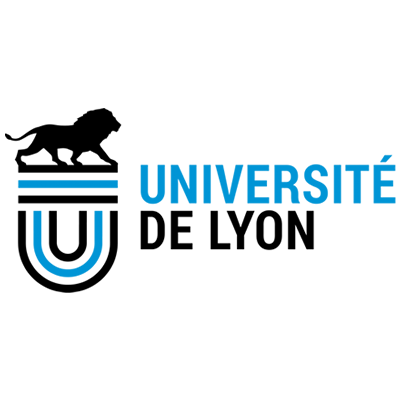
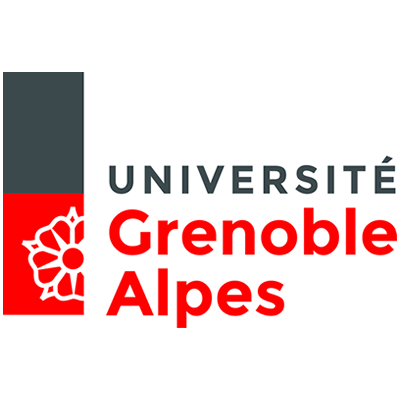
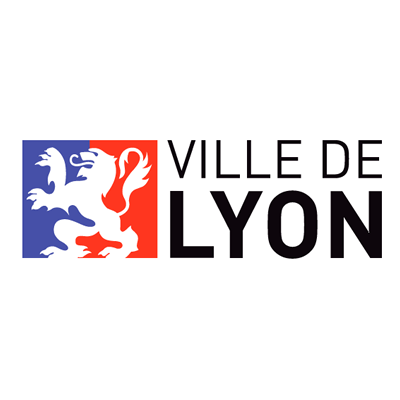
But these new forms of exchange may take rather different if not opposed paths. Some develop as a kind of anti-market alternative: these are based on swap – with one partner providing time or skills to another who reciprocally provides another skill or service – or even on altruism – as when one welcomes visitors for the sake of meeting and exchanging with new people. Collaboration, solidarity, reciprocity, and sharing play a strong role and are strong drivers in the development of forms of counter-institutional exchange. These exchanges take place not only on the Internet, but also in places that are neither workplace nor domicile. Are these collaborative spaces/communities (fablabs, hackerspaces, makerspaces, coworking spaces, etc.) reinventing the way we produce, work, innovate and exchange?
Solidary-based exchanges are quite different from those relying on monetary exchange and create new markets that compete with the more traditional ones. They directly challenge the monopoly built by professionals, disputing the necessity of professional skills for the activities concerned and thus disputing the exclusive access and control wielded by certain professional groups. They also challenge employment relationships, state regulation, institutionalized work, and the very valuation of the activities in question. Indeed, we are seeing the extension of collaborative habits developed on the Internet (sharing data, information, and knowledge) to organizations. Competition, deregulation (or even disruption), and conflicts over competence are major features of this development, which some consider the return of the commons.
Both forms of economy nevertheless raise similar issues. They question the conditions allowing for the development of these new forms of exchange. Allowing others to use one’s apartment or one’s car (for free or for money), sharing common goods, or producing in common (with open-source material) not only implies a relationship of trust on the part of borrowers, shared users, or producers, but also a certain relationship to one’s personal goods and to property more broadly.
The collaborative economy also has a policing function that should be explored in two ways: on the one hand, the continued vitality of exchange relies heavily on the reputation of partners, which is built upon the visibility of ratings obtained by both users and providers alike. Everyone assesses everyone else and thereby exercises control over the group. On the other hand, people are creating rules to organize and protect their common work from the “enclosures” of the market (creative commons licenses).
SASE’s 29th conference, to be held in Lyon from 29 June to 1 July 2017, will explore the various impacts of these new forms of exchange and production on different sectors in a comparative way. It will inquire about the future of the collaborative (and disruptive) economy – will it really and durably effect more traditional exchanges or, in the end, will it be business as usual?
The 2017 SASE conference in Lyon, France, hosted by the University of Lyon I from 29 June to 1 July 2017, will welcome contributions that explore new forms of economy, their particularities, their impact, their potential development, and their regulation.
President: Christine Musselin
Program Committee: Christine Musselin, David Vallat, Michel Lallement
Local Organizing Committee: David Vallat, Solange Perrel, Jérôme Blanc, Ludovic Frobert
SASE/Lyon Program available here.



















